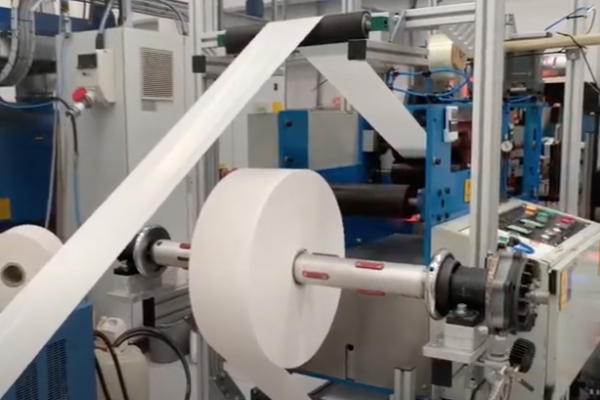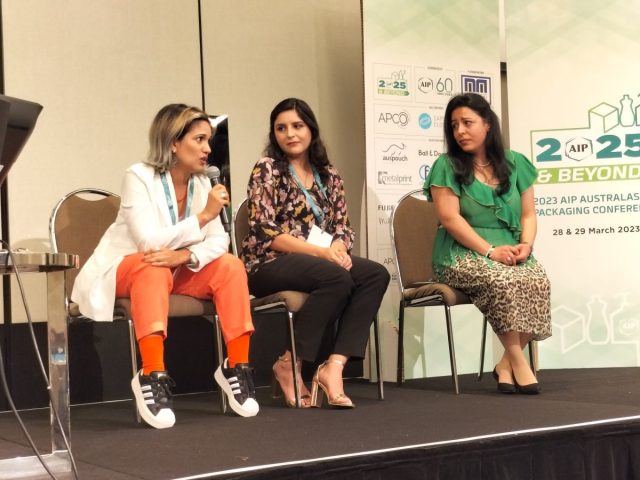
This article first appeared in the June 2025 issue of ProPack.pro
Clothing, fashion accessories, and cosmetics are some of the worst performing product categories when it comes to consumer perceptions about how effectively they are tackling the amount and recyclability of packaging used in the UK, according to new research by Consumer Intelligence, commissioned by Aquapak.
Food topped the bill as the best performer, according to the surveyed shoppers – 36 per cent ahead of household products in second place. Clothing ranked third, but only among 13 per cent of those surveyed, with cosmetics and fashion accessories scoring very poorly for planet friendly packaging performance.
The study found this is a perception that needs to be tackled by non-food retailers and brands as the research also revealed more than half (56 per cent) of consumers said that they are more likely to purchase a clothing or accessory brand that uses 100 per cent recyclable packaging.
Of these, 21 per cent said they are highly likely to choose an item in a fully recyclable package over one that isn’t, and 35 per cent said they are quite likely to do so.
The research also found consumers believe it should be product manufacturers and producers that take the greatest responsibility for improving packaging recycling rates (56 per cent), followed by local authorities (53 per cent) and retailers (49 per cent).
With Extended Producer Responsibility (EPR) legislations in force, the study identified there may be increased costs to pay for packaging for many UK companies, so choosing the right material now could help reduce costs later and remove the risk of ongoing environmental damage if packaging is not correctly disposed of.
Aquapak has been helping fashion and retail brands with its dissolvable polymer Hydropol for several years, with sustainable fashion brand Finisterre being one of first to switch its garment bags over to the new material.
Garment bags made with Hydropol can be disposed of in existing domestic waste streams without contaminating other recyclable products or they can be dissolved immediately in hot water at home without producing dangerous micro-plastics. They also degrade harmlessly on land or in the ocean.
In addition, they are fully transparent, lightweight, tear and puncture resistant so can be collected and reused many times by retailers.
N.Brown Group, one of the UK’s largest online fashion retailers is also moving to Hydropol garment bags this year.
It estimates it will be able to reduce its plastic use by around 44 per cent once it rolls out the technology across all its own-brand products.
Aquapak CEO Mark Lapping said, “Our research shows that certain product sectors are perceived to be doing better than others when it comes to tackling packaging waste. We recognise the businesses have a huge task on their hands when it comes to a range of sustainability issues, whether it is carbon, water or biodiversity, with plastic packaging just one small piece of the jigsaw.
“This focus is compounded by the new EU Corporate Sustainability Reporting Directive (CSRD) that will take effect for large and listed companies shortly and means that they must share information on how they monitor a wide range of ESG issues and their impact on the planet.
“The good news is that there is a commercially proven solution in the form of Hydropol that will make their plastic packaging problems literally disappear.
“If all brands switched just garment bags to Hydropol it is estimated that around 25 million tonnes of conventional, hard- to-recycle packaging could be prevented from entering the environment each year.”
Some other Hydropol applications under development with Aquapak’s customers and development partners include injection moulded parts such as golf tees, nonwoven fibre for applications such as flushable wet wipes and cellulose combinations for thermoformed trays.
Aquapak’s headquarters and manufacturing centre is in Birmingham, UK, with its main geographical markets in the US, EU and Asia.


